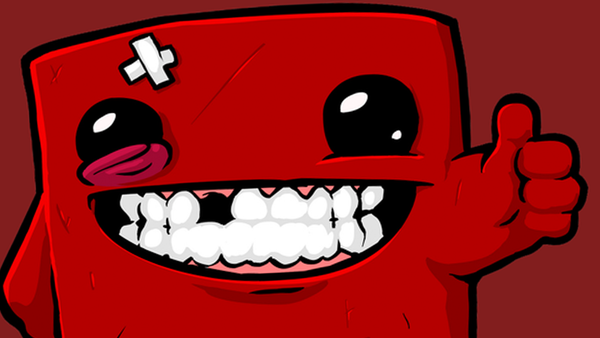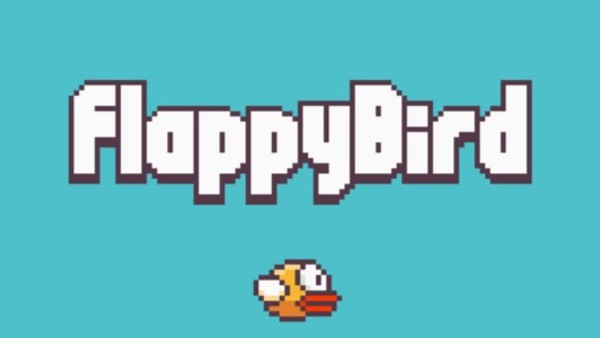The Video Game Art Style That Divides EVERY Gamer
Indie Developers Get A Foot In The Door

In the 2010s, AAA titles were winding up to become more of an industry-dominating juggernaut than ever. As technology advanced and the biggest studios were able to create more awe-inspiring cinematic experiences, the costs of developing such started to spiral out of control.
Needless to say, it wasn't a welcoming arena for aspiring smaller teams to step into. How could the little guy compete with the kinds of budgets that the biggest games of the time commanded? Quite clearly, they couldn't. This opened up a very different route for indie developers to take.
Instead of feverishly scaling upwards, smaller, talented teams did the exact opposite. They found themselves a happy little niche by creating something that the heavyweights of the industry weren't: small, humble, bite-sized, cheaper experiences.

In the space of a decade, pixel art vignettes as varied as Flappy Bird, Stardew Valley and Celeste became pop culture mainstays in their own right, without the benefit of multi-million budgets and advertising campaigns.
Such games were, of course, buoyed along by the emergence of consoles with digital storefronts, allowing customers cheap and instant access to experiences that may otherwise never had made it to store shelves. Of course, there's still the issue of shovelware dulling their shine somewhat on stores like Nintendo's eShop and its precursors, but frequent sales also help by encouraging on-the-fence players to take a chance on a title they may not have.
Despite all of this, those that deride mobile games for their throwaway nature and frequent issues with microtransactions are harder to convince. There's still a perception that pixel art games are a lazy, bandwagon-riding bunch that are too simplistic and 'safe' to be worth investing time in.